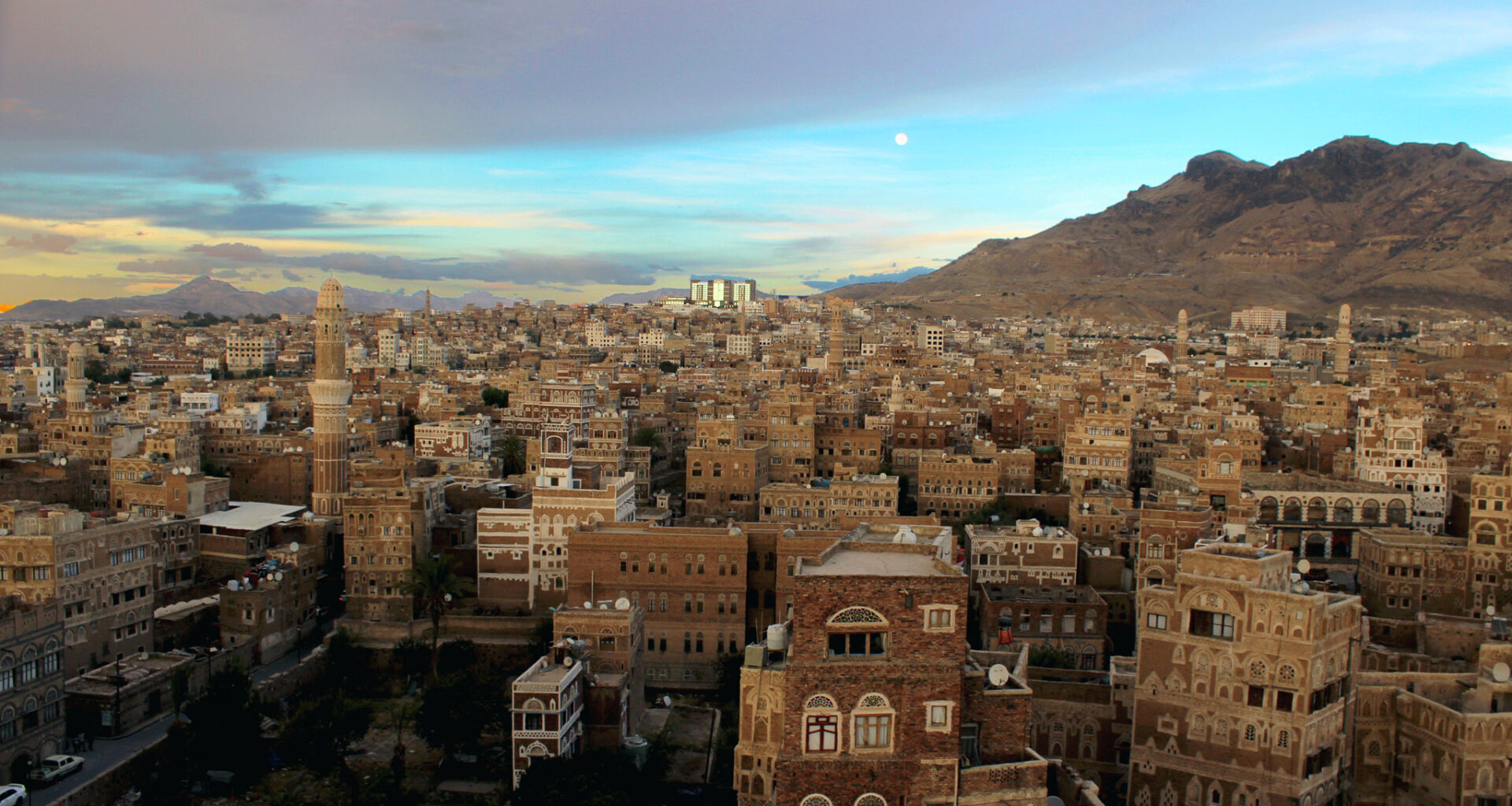The Committee to Protect Journalists (CPJ) on Monday called for the immediate release of Yemeni freelance reporter Majed Zayed, whom press-freedom and human rights groups say was abducted by Houthi authorities in Sanaa on September 23 amid a wider sweep of detentions.
Zayed was allegedly seized at night after leaving a medical facility, and his whereabouts remain unknown. The detention followed his online post of a patriotic song ahead of Yemen’s September 26 Republic Day, which Houthi authorities do not recognize.
Outlets and groups have reported that Zayed disappeared after leaving home for medical treatment, and many have condemned the case as an enforced disappearance. The incident came a day after the reported abduction of poet and writer Oras Al-Iryani, which reports have described as part of annual Republic Day and September arrests targeting journalists, writers, and activists. CPJ also noted that seven journalists remain in Houthi detention.
The SAM Organization for Rights and Liberties similarly linked both cases to reprisals against individuals who commemorate the September 26 revolution, including through social media posts and flag displays, and urged immediate releases and independent investigations.
This latest sweep follows warnings by Houthi officials about alleged “hostile plots” and mirrors a surge in detentions around the same time last year, including the continuing imprisonment of journalist Mohamed Al-Miyahi. Rights monitors have stated that politically charged dates are often used to intensify pressure on media workers and critics.
Threats to journalists are not confined to Houthi-held areas. In July, Yemen’s Internationally Recognized Government (IRG) detained TV director Abduljabar Bajabeer in Hadramout, drawing calls to curb intimidation in IRG-controlled territory. A recent Human Rights Watch report documents abuses by multiple parties, including the Houthis, the Southern Transitional Council, and the IRG, ranging from arbitrary detention and enforced disappearance to torture and newsroom closures.
Access to information has also been restricted. Earlier this month, access to the independent outlet Barran Press in Marib was blocked. Yemen is experiencing a polarized media landscape in which outlets are pressured to align with local power holders. Yemen currently ranks 154 of 180 in the latest World Press Freedom Index.
On September 10, an Israeli strike on a newspaper complex in Sanaa killed dozens, including 31 journalists and media staff, an incident CPJ called the deadliest attack on journalists in 16 years and the second-deadliest it has recorded.
Groups have argued for transparency and de-escalation in Zayed’s case, urging Houthi authorities to disclose his location, allow access to counsel and family, and release him. More broadly, they call on all authorities in Yemen to end enforced disappearances and arbitrary detentions of journalists and to safeguard access to independent information.

